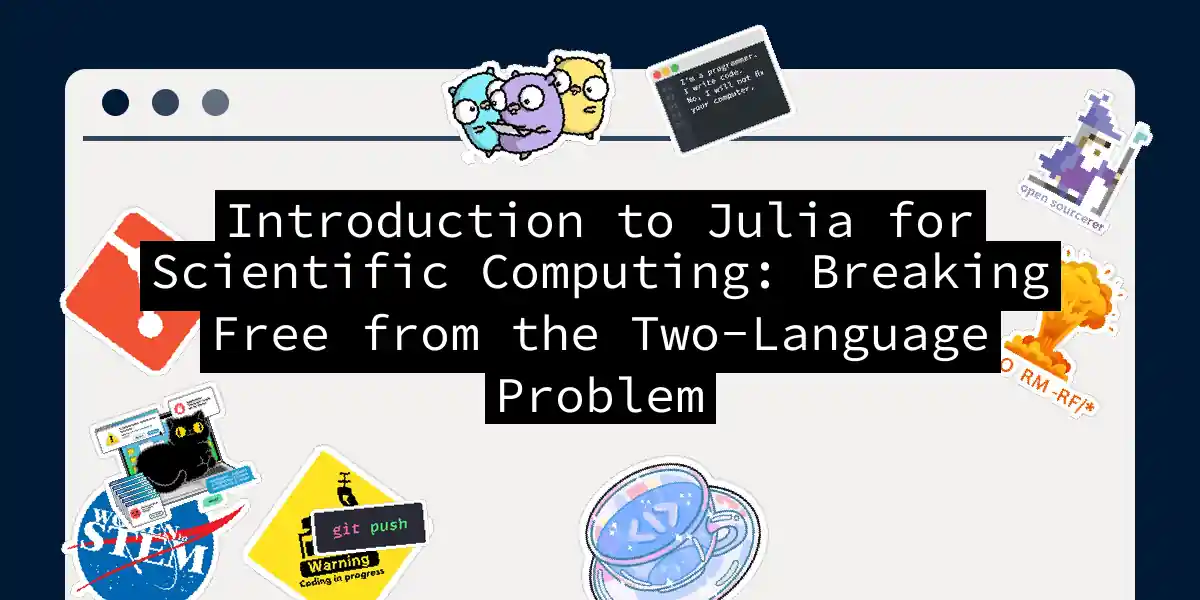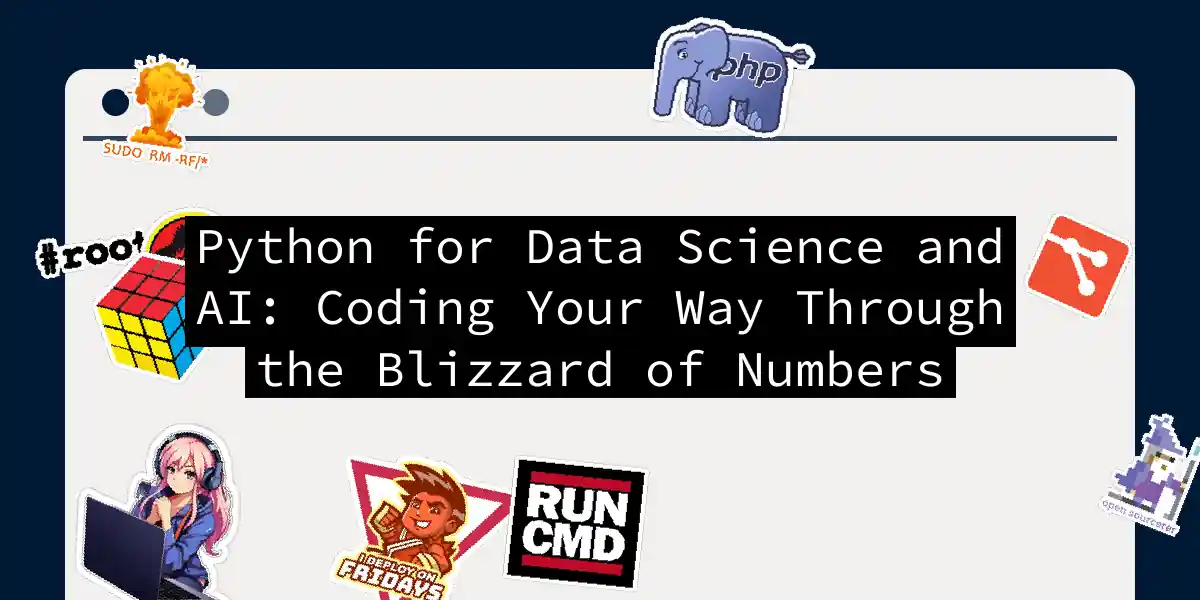
Introduction to Julia for Scientific Computing: Breaking Free from the Two-Language Problem
If you’ve ever found yourself writing prototypes in Python, only to rewrite everything in C when things got serious, you’ve experienced what the Julia community calls the “two-language problem.” It’s like having to translate your entire thesis from English to Klingon just to make it faster—exhausting and completely unnecessary. Julia was created to solve exactly this problem, and after a decade of development, it’s become a serious force in scientific computing....



